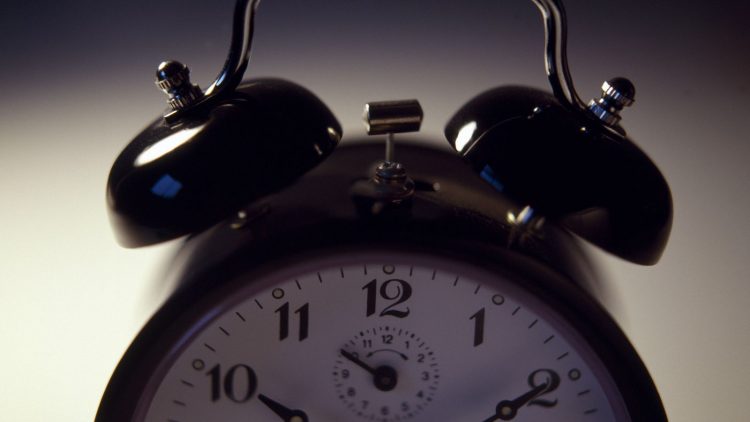If you are woke, apparently you think you see it all. And anyone who doesn’t see what is in your sights is guilty of cover-up or worse.
Sometimes though the system is worse than even the ones who see and speak loudly of their insight. For instance, you won’t see many Christian social justice warriors discussing this problem of needing medical treatment and being under warrant:
Say your Uncle Pedro has chest pains. Or is ODing. Should you call 911? Of course! Right? But what if you don’t know if he’s wanted? What if you don’t know if you’re wanted? Should you still call 911? You know cops might also respond because, well, why not? Maybe cops can do some good before the ambulance arrives. (Though generally, as a former cop, when it comes to medical care, are you serious?) Or keep the peace. But should you be debating all this before deciding to call 911? While you’re discussing the pros and cons, Uncle Pedro just stopped breathing.
For some reason, blogging about the dangers of the spirituality of the church won’t fix this:
What problem is this solution supposed to fix? “We want the cops to put an aided card into the phone on the scene and it to automatically query the warrant system.” It is bad policy to routinely run warrant checks on people seeking medical care.
I know it’s not in the public’s interest to have wanted people running around. It’s one thing for police to run somebody because they have suspicion. It’s another to do so because they called for help. It’s not in the public’s interest to have people afraid to seek medical care or see EMTs and paramedics and the FDNY as part of law enforcement. Let’s base a policy decision based on evidence rather than, “hey, cops now have smart phones linked to the warrant system!”
On the other hand, while white Protestants in the past were guilty of white supremacy (science has yet to conclude you receive this condition genetically), African-American men are doing better than the social justice warriors have you believe, according to a recent study:
1. A substantial share of black men in the United States are realizing the American Dream—at least financially—and a majority are not poor. Per a new analysis of Census data outlined in the report, more than one-in-two black men (57%) have made it into the middle class or higher as adults today, up from 38% in 1960.
2. Education, work, and marriage are central to the economic success of black men in the United States. Black men who work full time, earned at least some college education, and married are significantly more likely to be members of the middle or upper class in their fifties. For example, about 70% of married black men are in the middle class, compared to only 20% of never-married black men and 44% of divorced black men.
3. Military service is also linked to higher odds of making it into the middle class or higher for black men. The report finds that black men who served in the military are more likely than those who did not to be in the middle class when they reach mid-life (54% vs. 45%).
4. Additionally, regular church attendance and a strong sense of personal agency are linked to upward mobility for black men. Black men who frequently attended church services at a young age are more likely to reach the middle class or higher in their fifties. For example, 53% of those who attended church as young men made it, compared to 43% who did not.
Moreover, black men who scored above average in their sense of agency as young men or teenagers in the late 1970s are more likely to be prosperous later in life, compared to their peers who did not have the same sense of agency (52% vs. 44%). “Agency” was measured by reports that they are directing the course of their lives versus feeling like they are not in control.
Something not included in this study: the percentage of African-American pastors with big-screen televisions and cable subscriptions for viewing the NFL playoffs.


This “PASALT” would be a excellent thing to reflect upon during a sabbath day walk, to and from worship. Perhaps on the way to worship one could reflect on Alzheimer’s disease, TIA memory loss, and American Football brain injuries, and after worship the refection could be upon the joy that our Father intended for us with the fourth commandment. Reference (Exodus 20:8-11) REMEMBER
LikeLike
Nah, just move the NFL games to Saturday.
LikeLike
Joel,
NCAA won’t let them. Plus, NCAA has a treasury of victories/merits thanks to JoePa.
LikeLike